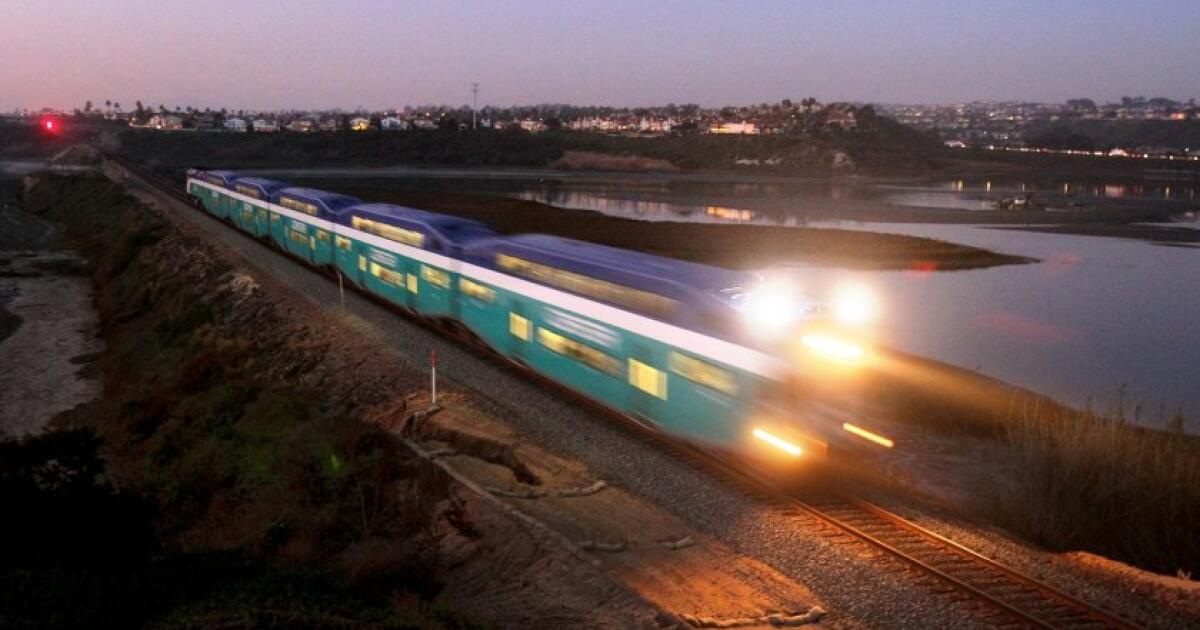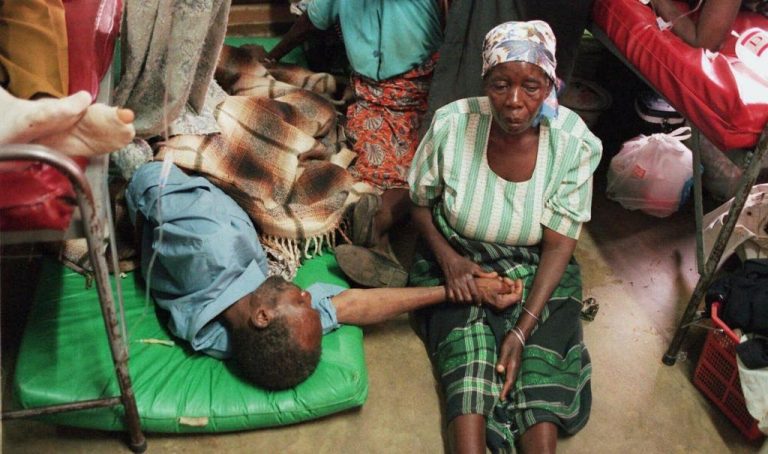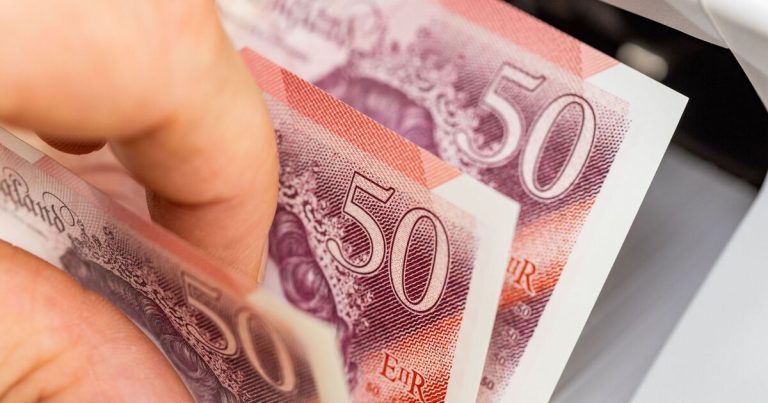
A half-cent sales tax increase to help pay for road repairs, carpool lanes, and expanded bus and rail transportation in San Diego County has qualified for the Nov. 5 ballot.
The San Diego County Registrar of Voters this week validated more than 127,000 of the almost 173,000 signatures submitted, exceeding the required minimum of 113,215 valid signatures to qualify the initiative.
“After more than two years of organizing, Environmental Health Coalition, transit riders, and community advocates are proud the transit measure will be on the 2024 ballot,” Carolina Martinez, Climate Justice campaign director, said in a news release Friday.
“Currently, 70 percent of jobs are not reachable by public transit,” she said. “This forces San Diegans into congested streets and highways, which are leading contributors to climate change and air pollution in the San Diego region.
“By increasing service, frequency, and access, the measure will help build our economy, clean our air and achieve our climate goals,” Martinez said.
If approved by voters, the so-called “Measure to Fund San Diego County Transportation, Infrastructure, and Safety Projects Through a Half-Cent Sales Tax” would help pay for shoring up the crumbling coastal railroad route that is the only connection for freight and passenger trains between San Diego and Los Angeles.
It also would create thousands of jobs and help pay for a proposed rail connection to San Diego’s airport, safety improvements for bridges, sidewalks and bike lanes, and to ensure transit passes are available for seniors, young people and the disabled.
The measure would provide millions of dollars annually for the San Diego Association of Governments, or SANDAG, the region’s top transportation and planning agency. SANDAG has laid out an ambitious plan for expanding rail service and building large transportation hubs. The tax hike would help jump-start that vision, which is currently impossible without a major cash infusion.
“As a recent college graduate, I rely on walking, biking, and public transit to get to school, restaurants, and work,” campaign coordinator Emma Rodriguez said in the news release, adding that voter approval of the measure “will help me and all San Diegans by increasing transportation options, relieving traffic, delivering cleaner air, and improving road safety.”
Last year a similar signature drive by the same campaign, called Let’s Go! San Diego, came up with about 95,000 valid signatures, falling short of the 115,788 needed at the time. Organizers said there may have been a clerical issue, and that they would try again.
Labor and environmental groups have supported the measure, while groups such as Reform California, led by conservative radio talk show host Carl DeMaio, have opposed it.
“People can’t afford it,” DeMaio said in June, soon after the signature-gathering effort was launched. “I guess they don’t know there’s a massive inflation problem, and people are struggling.”
San Diego County voters don’t always go for sales tax hikes.
In November 2016, Measure A, a half-cent sales tax to fund public transit and freeway projects in the county fell short of the two-thirds majority it needed with about 57 percent of vote. That measure needed a higher percentage of votes because it was not a citizens initiative; it was drafted by the San Diego Association of Governments and placed on the ballot by the county Board of Supervisors.
As a citizens initiative, this year’s ballot measure will need approval from 50 percent of voters plus one, a simple majority, to pass.
If approved, the county would collect the revenue from the increase in a fund for the purposes specified in the initiative. Usually, a citizens committee is appointed to oversee the spending.
Polling shows about 59 percent of respondents support the measure, campaign spokesperson Gretchen Newsom said Friday.
“It seems like we’ve got a lot of momentum,” Newsom said. “Everybody is counting on us to get it done. The communities need this infrastructure.”
Countywide, the minimum sales tax rate is 7.75 percent. That includes the state rate of 7.25 percent, plus the half-cent Transnet surcharge that county voters approved to pay for transportation projects.
Voters in many cities have approved additional increases to boost their sales tax revenue. The rate is 8.25 percent in Oceanside, El Cajon and Vista, and 8.5 percent in La Mesa. The rate is 8.75 percent in Chula Vista, National City, Del Mar, Solana Beach and Imperial Beach, where voters approved full-cent increases.
Some large California cities have even higher rates, such as 9.5 percent in Los Angeles.







